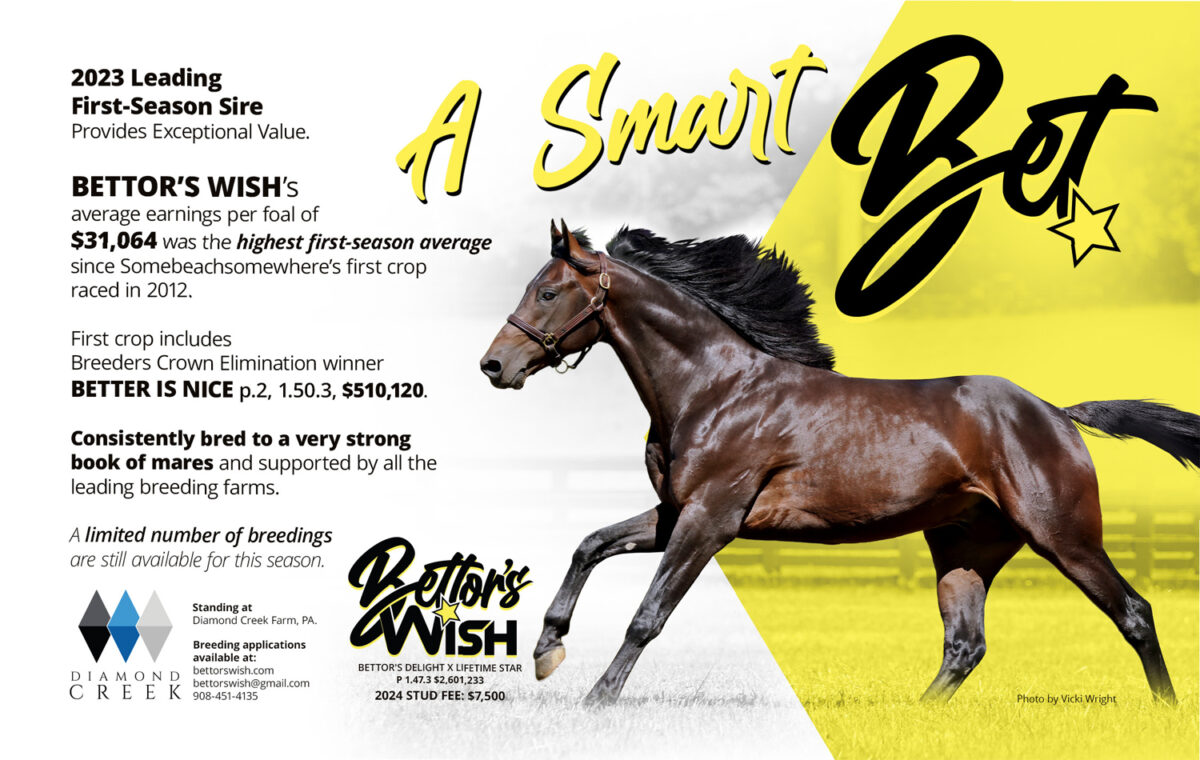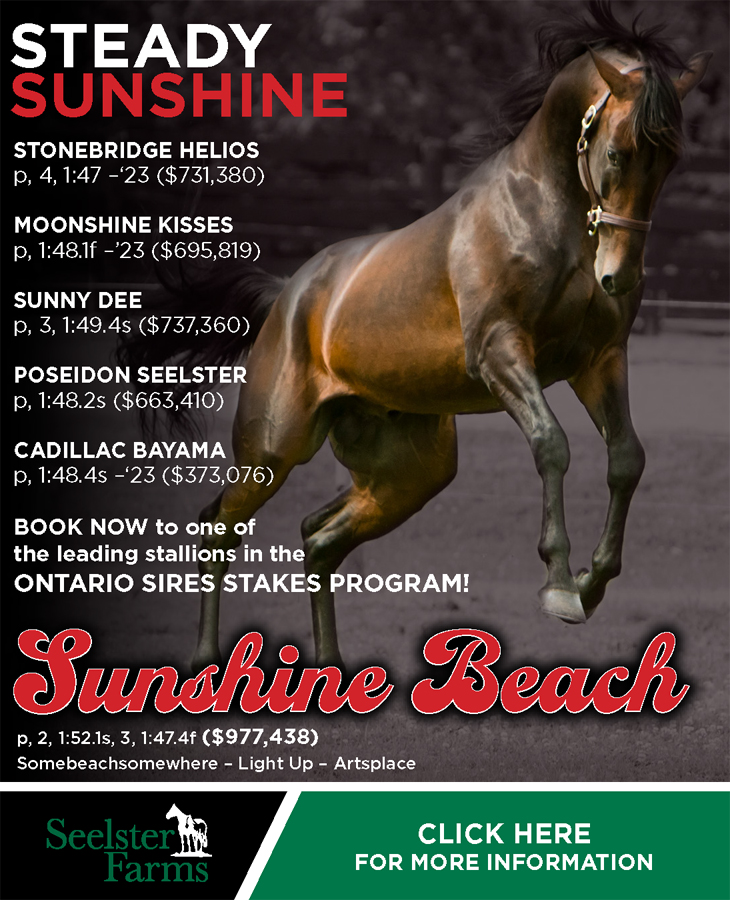

Joe and Jeff have more in common than we think
No, that headline is not a misprint.
I understand perfectly; the sometimes interesting, often acrimonious chatter between New York SOA head Joe Faraldo and Meadowlands chief executive Jeff Gural (as seen again in Harness Racing Update yesterday) tends to make readers cringe. Most wish they would just get along, and stop the sniping. Most believe if one says the sky is blue the other would argue the point, and it’s unhealthy for the sport.
While I agree it is ideal if the communication was more respectful, I think it’s healthy for the sport of harness racing that this back and forth exists between the two. Passionate discussion opens up more passionate discussion. The resulting debate moves the sport forward 10 times out of 10.
And, if you look at the arguments closely, there is much more common ground than we think. I believe yesterday’s letters to the editor from each man illustrates my point.
Joe Faraldo took exception to the Meadowlands’ Jason Settlemoir’s comment that a percentage of purse money should be used to market the sport of harness racing. This idea is nothing new, and, in fact, it’s been going on in a micro-way for some time. Mr. Faraldo himself spoke of what the SOA has been doing with marketing in his letter to the editor – increasing reach of the Yonkers product by exporting races to France, the work done on the International Trot, etc.
Mr. Faraldo seems to believe the horsemen should be rowing the ‘marketing’ boat. But he doesn’t think they should be the only ones rowing the boat.
“That being said, the SOA will not permit pilfering of the purse account by someone with one hand, while their other hand is lodged firmly in a locked grip in their own pocket; especially when that pocket is three times as flush. Pilfering a purse account as the sole funding source is just an expansion of the OPM theory of economics; wherever possible, always utilize other people’s money,” he wrote.
Does Jeff Gural disagree with this? I can’t speak for him, but from what I see he is probably the largest track operator of any breed who actively promotes the sport, with slots or without slots; often with his own money.
In fact, Jeff Gural in black and white has said how important he believes this is.
“The law I helped write in New York requires that the racino owners spend a minimum of 10 per cent of their VLT revenue on marketing,” he wrote in HRU yesterday.
Where there is major disagreement, it is about how to spend the money. Joe Faraldo believes pure marketing lacks efficacy, whereas Jeff Gural believes it can help. This type of disagreement is common in marketing departments and in business, so it’s nothing new. That’s what you hire experts for, and this disagreement is eminently fixable.
Interestingly enough, yesterday the discussion between the two pivoted to drug testing and enforcement.
Joe Faraldo: “Think about some famous cyclists and how they were caught. It wasn’t through drug testing. While drug testing is useful as a tool, just throwing money at this problem does not solve it. The real, honest answer is that thoughtful drug testing needs to be paired with a complimentary investigative arm to create a truly comprehensive approach.”
I think we all agree with Joe’s words. And, doesn’t Jeff agree, too?
Jeff Gural hired an in-house investigator when he took over the Meadowlands, and has said how important it’s been to identifying some of the bad apples. He’s said so in interviews at the Paulick Report, Thoroughbred Daily News and elsewhere, where thoroughbred racing has been calling for similar for their sport. He also said he spends money on a three-pronged approach – better testing, more out of competition testing and investigation – at his tracks.
Again, there are real disagreements about how to go about creating a department to handle this harness racing-wide. Some who say they’re for this policy may be saying so for optics and will stand in the way of reform. There are legal issues bigger than the sport itself, and the whole exercise is like herding cats covered in canola oil. But on the surface, aren’t both men agreeing?
Vermont congressman Peter Welch said, “there’s a tendency in politics to attribute bad motivation much too quickly, and the sooner you attribute bad motivation to someone you disagree with, the harder it is to find common ground to make some progress.”
It’s clear Jeff and Joe do not get along well, and have their own questions in regards to the other’s motivation. That’s fine; they have a past and they are men with strong opinions.
But on the outside looking in, the rest of us can ably see that they are both spending money on marketing (although in different ways), and both have similar ideas about moving forward with a 21st century drug testing, investigative and enforcement regime. That should mean something, and just discussing it – even in the ways in which Jeff and Joe do – does the sport a service, not a disservice.















